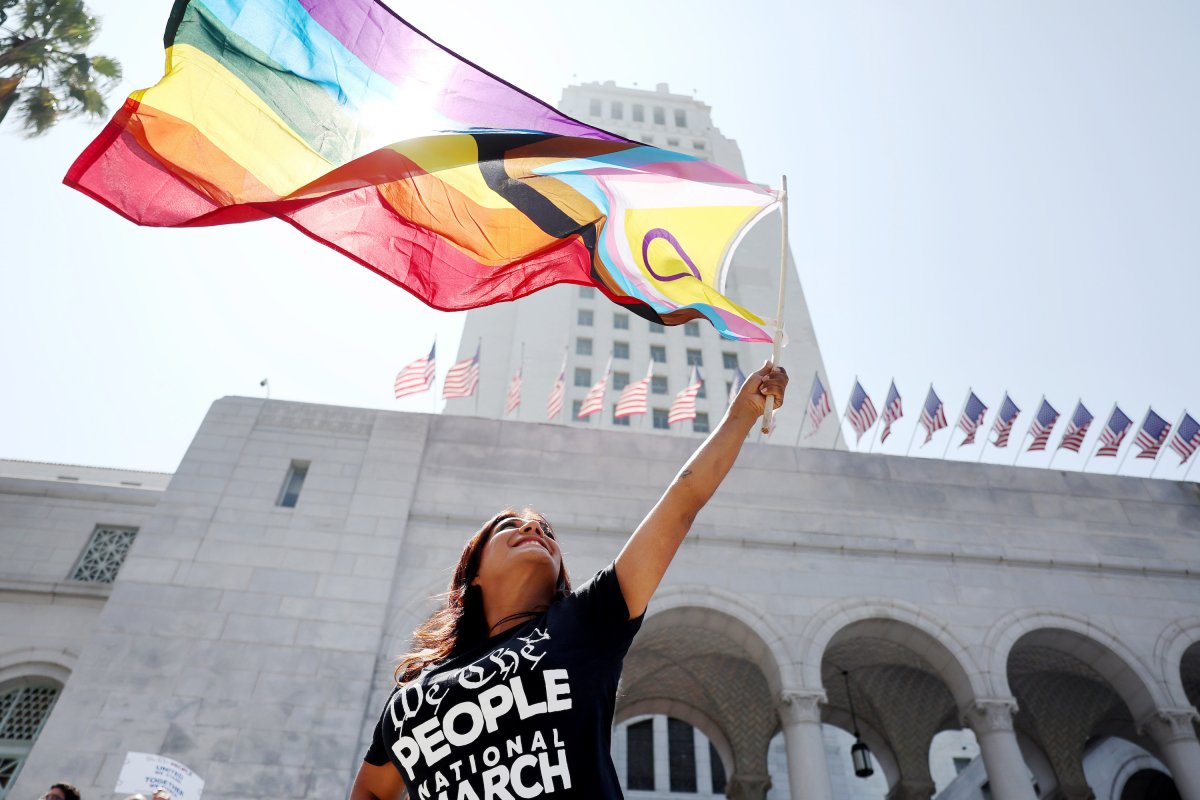Diversity training is creating hostile work environments for minority groups. That is the key takeaway from new research published at the end of March by Britain's Free Speech Union. The report, titled "The EDI Tax: How Equity, Diversity and Inclusion is Hobbling British Businesses," surveyed 800 employees, 36 percent of whom said they witnessed employees being penalized by their employer for challenging the training. In addition, 31 percent said they had left a job because of their employer's promotion of political ideology. This figure rose to 43 percent among black people and 46 percent among Asian people.
The research was damning, with members of minority groups being more likely to state they disagreed with diversity training, despite being the group these schemes are purported to benefit. Almost two-thirds of employees say they repressed their beliefs for fear of losing their jobs and nearly a quarter state they were compelled to say things they do not believe. The latter figure rises to 31 per cent among Black and Asian respondents.
The report states that Equality, Diversity, and Inclusion (EDI) training, now unavoidable in most U.K. workplaces, is supposed to "make offices more inclusive, attractive places to work, particularly for members of historically disadvantaged groups. But according to the people we surveyed, it is having the opposite effect—and is particularly unpopular among ethnic minorities."
Also in March, Kemi Badenoch, the U.K.'s Minister for Women and Equalities, slammed EDI initiatives as counterproductive. Speaking about a separate report she commissioned, Badenoch wrote for The Telegraph that, "while millions are being spent on these initiatives, many popular EDI practices—such as diversity training—have little to no tangible impact in increasing diversity or reducing prejudice. In fact, many practices have not only been proven to be ineffective, they have also been counterproductive."
By "diversity training," both reports are referring to practices such as compulsory pronoun declaration and the imposition of gender identity policies.
I have seen these dynamics play out in a few organizations. Senior management tend to invite me to EDI groups assuming that, because I am a young woman from the Dominican Republic, my political views will fit a certain mold. Time and time again, they find themselves shocked and dismayed once they realize that I have a mind of my own.

During a particularly unpleasant experience, a women's service I worked with invited me to an EDI group meant to foster a more welcoming and inclusive environment. My job was supporting women recovering from crack cocaine and heroin addiction, including those in prison, and the last thing I wanted or needed was to become embroiled in workplace politics.
Things went downhill from the first meeting, when the group (made up exclusively of women) decided to define what women were. The consensus was that women are "anyone who identifies with femininity." This definition was news to me because none of the women in my cohort cared much about wearing pink, make-up, or high heels. None of them were submissive or passive. This definition of "women" excluded biological facts in favor of a sexist vision of half the population.
Soon enough, it became evident that the purpose of the EDI group was not to create a welcoming environment for everyone, but to impose a particular set of political views. When I objected to compulsory pronoun declaration, on the grounds that this would be compelled speech, the organization informed me that people who hold "gender critical beliefs" (namely, that sex is real and material to people's lives) were not welcomed there. Their trans-inclusive position, they explained, had priority over everything else. We could believe that sex is real in our personal lives, but we must leave those views at the door when in the workplace. How would that even work?
These issues were material to my role because I was a frontline worker hired to deliver a women-only peer support group. The women I supported, who are some of the funniest and bravest I have ever met, insisted on how crucial it was for them to be supported by other women who shared experiences of male violence and exploitation due to their sex. Therefore, whether "woman" was defined as being biologically female or as anyone wearing fluffy dresses was central to my duties. This did not matter, because from that point on, I became persona non grata.
The high-handed and authoritarian worldview that, via EDI training, workplaces use to control what employees think and weed out dissenting voices eventually played out in my own life. Lofty exclamations of support for minorities and inclusivity ran hollow as I watched myself being driven out of a women's service after standing up for the needs of the people I was hired to support. Those needs were merely an afterthought in the mentality of employers who regard themselves, above all, as enforcers of thought compliance.
It is no wonder that minorities reject diversity trainings so strongly. Performative exercises that turn people into tokens can only backfire against the most vulnerable of us. Platitudes about kindness in the workplace can only disguise the tyrannical intent of too many employers for so long. When the curtain closes on sham diversity trainings, it will be minorities who will be saying: "enough is enough."
Raquel Rosario Sánchez is a writer, researcher, and campaigner from the Dominican Republic.
The views expressed in this article are the writer's own.
Uncommon Knowledge
Newsweek is committed to challenging conventional wisdom and finding connections in the search for common ground.
Newsweek is committed to challenging conventional wisdom and finding connections in the search for common ground.
About the writer
To read how Newsweek uses AI as a newsroom tool, Click here.






